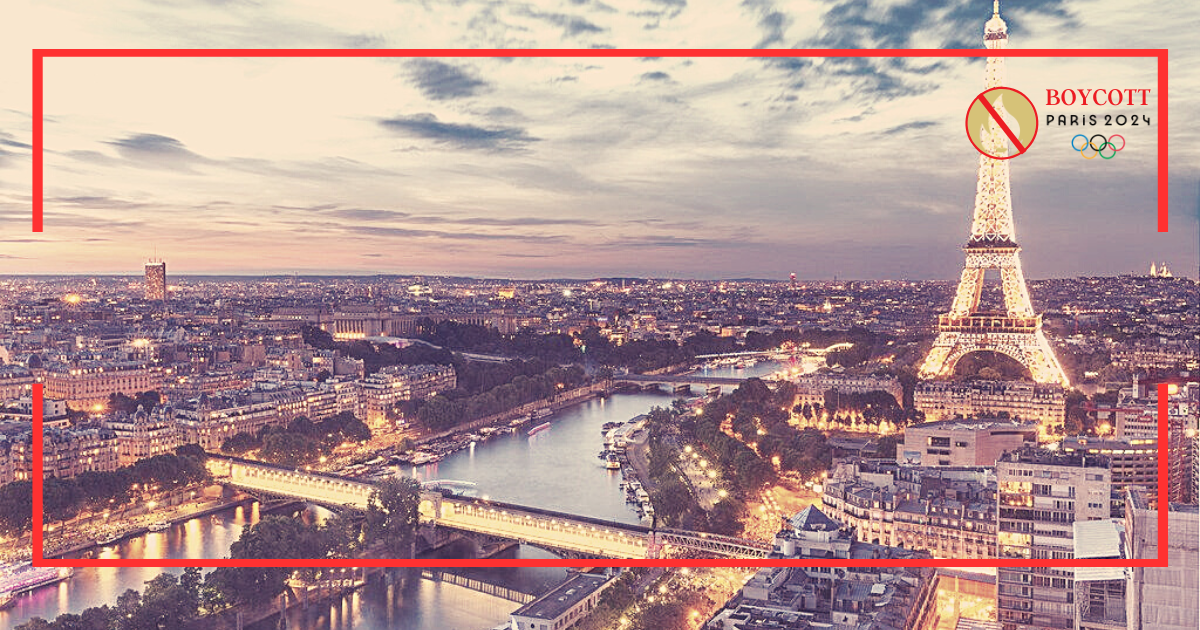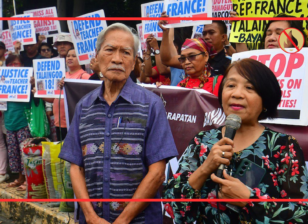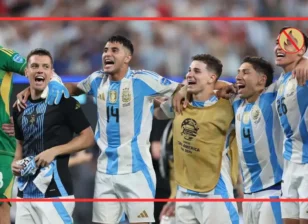Exploring Paris: Navigating Racial Dynamics in The City Of Lights
Beneath the charming façade of cultural variety, racism is a continuous issue that Paris struggles with right in the heart of the City of Lights. This timeless material looks at the many facets of racial dynamics in Paris, looking at historical causes, modern expressions, and initiatives to promote inclusiveness.
The French, particularly the white ones, have a tendency not to use binary language when discussing issues of inequality and prejudice. For some French people, talking about skin tone is discriminatory. The number of persons of different races living in the nation is unknown because this information is not kept on file.
Essaifi thinks that this past week’s events were a step toward talking more freely about race, even if it is still a taboo topic. She pointed out that following Nahel’s passing, there were protesters in Nanterre’s streets who were “not necessarily Arabs, not necessarily Blacks.” White people and the “vrai Francais,” or “genuine French,” were present.
Historical Context
Comprehensive evaluation of the matter is still challenging since official census data on ethnicity and religion cannot be collected in France due to legal prohibitions. Just 8% of French citizens, according to a 2016 research by the National and Consultative Commission on Human Rights, think that some races are superior to others. Laws in France prohibit racism. Citizens are guaranteed equal treatment in the 1958 Constitution regardless of their background, ethnicity, or religion.
Contemporary Challenges
Since all of the rights that the French Revolution embodies are based on two ideas, the idea of the state and the idea of man, French political tradition does not employ the term “racial minority” in its discourse. Therefore, these rights are viewed by French political tradition as an inherent and universal advantage of being human.The police can categorize people using a set of descriptors provided by the Interior Ministry instead of racial classification. Afrique/antillais, métis, maghrébin, moyen-oriental, asiatique, indo-pakistanais, latino-américain, polynésien, mélanésien-canaque, and européen are the descriptors. Some people think that politicians’ commitment to these principles causes them to fail to acknowledge ethnic minority communities. The legislative and legal systems of many European countries acknowledge the reality of minority ethnic groups.
Culture Impact
The findings are then analyzed using the theory of cultural racism to show the discursive character of the TF1 frames and the institutional racism contexts they omitted, contexts that cultural racism theorists, historians, and ethnographers argue are essential to comprehending racial conflict in modern-day France. The most common framing placed the blame on illegal immigration and non-integrating cultures. That is to say, without being brought up explicitly, race was coded into the cultural characteristics of a troublesome subgroup. The nation’s universalist model has been shaken by the extraordinary wave of protests that has engulfed French towns over the last week, shattering long-standing taboos and igniting calls to dispel the “myth” that the country is immune to racism.
Activism And Community Initiatives
Prominent anti-racism activist Rokhaya Diallo claimed she had never seen such a sizable assembly prior to attending the Paris event. In an interview with France 24, she acknowledged that the powerful mobilization had contributed to the dismantling of long-standing taboos. “Previously, the media mostly kept racism and police brutality quiet,” Diallo said. “Although the media still frequently favors the demonstrators, at least these issues are acknowledged as worthy of discussion.” Beyond the matter of law enforcement, the mobilization has sparked a fresh round of introspection over the long-neglected flaws in the universalist model of the French Republic that jeopardize its highly valued égalité and fraternité values. It has sparked discussions about “white privilege,” a concept that France’s ostensibly colorblind Republic finds quite uncomfortable. These discussions mirror those occurring in the US.
Interventions And Policies of The Government
The French Prime Minister Elisabeth Borne unveiled the National Plan to Combat Racism, Anti Semitism, and Origin-Based Discrimination 2023–2026 on January 30. Although we applaud this new action plan against racism, there are significant holes in it. For example, the government wants to enhance the way that history is taught and memorialized in school curriculum. However, the strategy does not address systemic racism that has its roots in France’s colonial past. The proposal aims to address the widespread underreporting of hate crimes to the police by implementing complaint systems. However, it doesn’t address how to reestablish confidence in marginalized populations that are subjected to attacks by the very institutions that discriminate against them, like the police. Furthermore, the plan makes no mention of how its actions would be paid for.
Conclusion
The prevailing racism and prejudice in Paris and throughout France has been made clear by the recent protests and social movements there. Refusing to collect statistics on race and ethnicity has drawn criticism for escalating social division, causing inequality, and impeding urgently needed changes. According to a poll, 91% of Black individuals in continental France said they have experienced racist discrimination, demonstrating how pervasive the problem is. The demonstrations have exposed the difficulties with integration and the police’s institutionalized use of ethnic profiling, reigniting a long-standing debate over policing in the wealthy, immigrant suburbs of France’s biggest cities.





